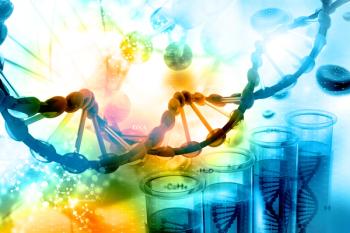
The emergence of epigenetic models has generated a surge of optimism, opening new possibilities for psychiatric intervention.

The emergence of epigenetic models has generated a surge of optimism, opening new possibilities for psychiatric intervention.

The FDA approval of aducanumab has given hope to millions of patients with Alzheimer disease—but will it live up to the hype?

A driving force.
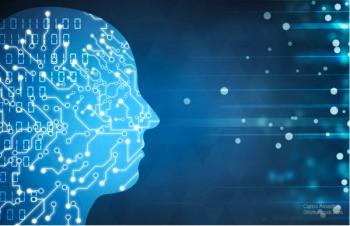
A Psychiatric Times point/counterpoint feature on electroconvulsive therapy elicited strong responses.

This is a rare opportunity for researchers and entrepreneurs from a variety of fields to conduct experiments in space.
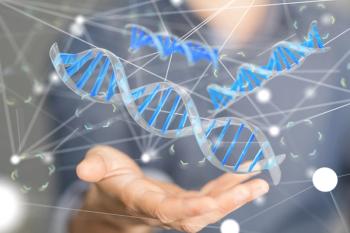
Early-life stress can modify an individual's genetic code, leading to mental health problems later in life. But by understanding the science of epigenetics, psychiatrists can treat these conditions, and prevent intergenerational trauma.
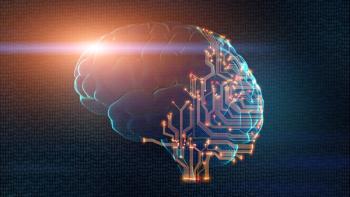
Research data shows that ECT is often more effective than alternative treatments, and safe too.
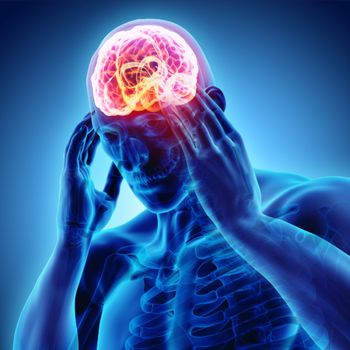
ECT has been in use for decades, but does that mean it is safe or effective?

Kids will find the screens. Health care providers should join them in order to supply the most helpful digital treatments.
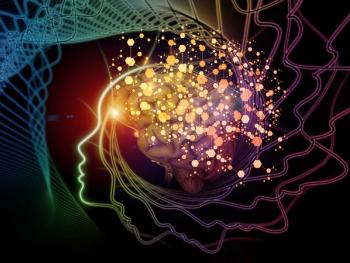
Key neural mechanisms are responsible for emotion, memory consolidation, and lasting personal change.

Gene expressions in microglia cells may explain why some of them are ineffective and allow dementia to progress.
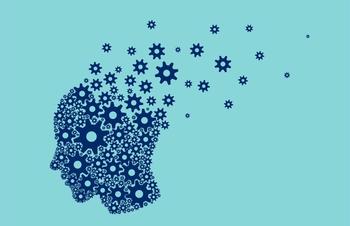
Too often, the medical issues associated with traumatic brain injury are mistakenly diagnosed as psychiatric disorders. A few simple questions and tests can elucidate the real culprit and lead to appropriate treatment.

A mother’s quest to understand her child revolutionized our understanding of autism.
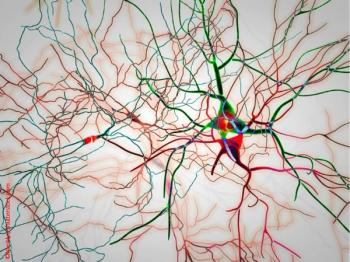
A message flowing through the brain, across neuronal systems... where is it headed?
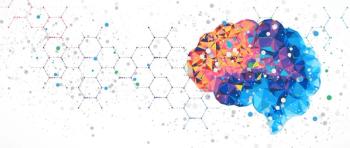
New research brings us closer to linking diagnostically predictive connectivity patterns in patients with ADHD.
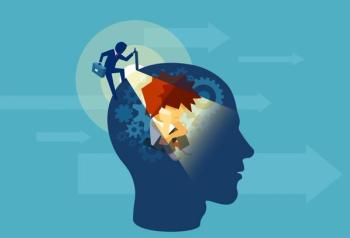
A collection of validated statements addresses overarching topics ranging from nutrition, neuropsychiatry, and nonpharmacologic treatments.

Opening certain potassium channels in the brain reduces depressive symptoms and anhedonia.

ECT has undoubtedly been foundational in the field of interventional psychiatry, yet controversy remains an underlying theme.

There is consistent evidence of benefits following state-of-the-art modified ECT.
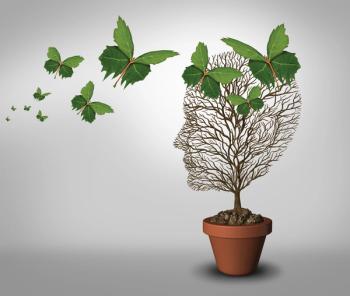
No one has precise data about how many Americans receive ECT each year, let alone how many treatments each patients receives or how closely providers space treatments. This is a troubling dilemma, according to the authors.

In approximately half of patients with Huntington disease, symptoms of depression, irritability/aggression, executive dysfunction, psychosis, cognitive decline, and dementia present long before progressive motor symptoms.
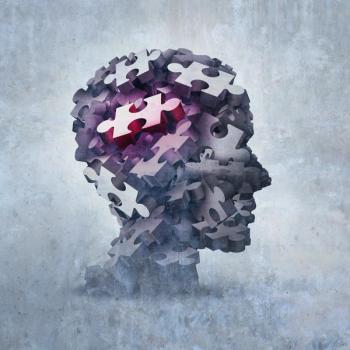
If depression impairs the brain’s processes at a molecular level, would the same be true of stress more generally?

A myriad of neuropsychiatric symptoms result from folate deficiency, including cognitive impairment, insomnia, psychosis, depression, peripheral sensory deficits, and weakness. Treatment and prevention strategies are discussed.

Neuropsychiatric manifestations of Huntington disease can present decades before the motor symptoms become apparent, making the role of the psychiatrist all the more important.
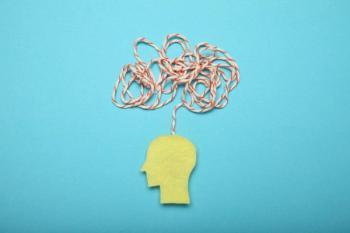
Before starting to prescribe stimulants to every adult who cannot concentrate, it is important to take a closer look at the research.